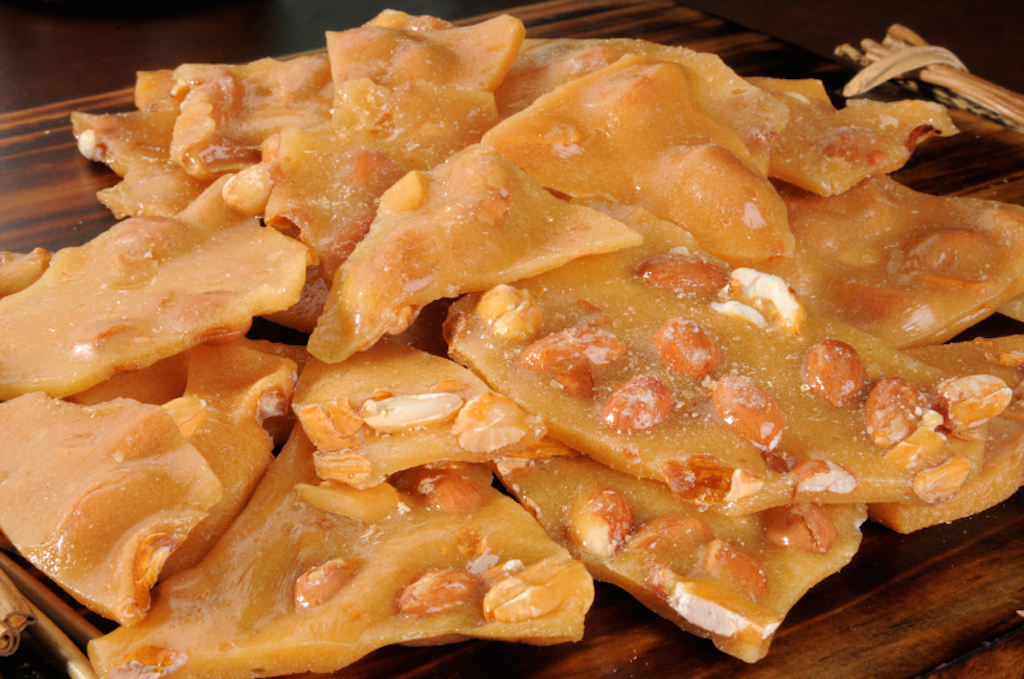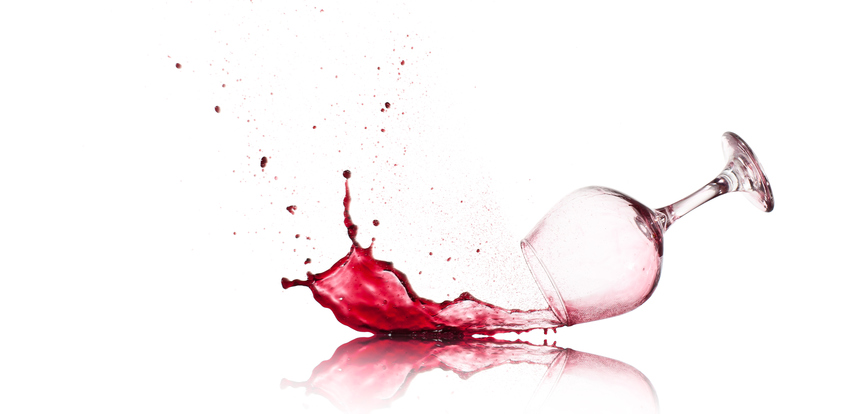glee
(noun, verb)
/gli/
 LISTEN
LISTEN


Glee is an uncountable noun meaning ‘great joy or delight.’ In the 18th century, a glee was a popular and unaccompanied part song for three or more voices. In Scotland and the North of England, glee is a dialect word that, as a verb, means ‘to squint or look with one eye’, and, as a noun, is a squint or an imperfect eye, especially one with a cast.
Example sentences
- The children reacted with glee to the announcement that the school would be closed for a week.
- The four singers performed a glee.
- Jock gleed out from behind the curtain.
- Catriona gave the man beside her a glee, but did not turn to look him in the face.
- The old man had a glee.
In pop culture
Glee is also the title of a popular US TV show. The name comes from singing clubs that are sometimes formed in US high schools, which take the name from the old senses of ‘music and entertainment.’ You can see the trailer for Season 1 here:
Did you know?
Glee is a feeling of joy and, in many contexts, you could easily use the word joy instead. However, glee is usually caused by particular circumstances. It is often a reaction to your own good luck and sometimes it is a reaction to someone else’s bad luck (if their bad luck makes you happy). It is also generally obvious when someone is experiencing glee. It is normally expressed in some way, through expressions, gestures, or words. So, while you could feel joy for no reason and with no obvious outward signs of what you are feeling, if you feel glee it will be caused by something and you probably won’t be able to hide it.
Other forms
gleeful (adjective), gleefully (adverb)
Origin
Glee dates back to before the year 900. The Old English glēo, glēow, gliu or gliw (in Middle English only glēo was commonly used) meant ‘entertainment or mirth’ often including music, as well as ‘jest, play or sport,’ ‘mockery’ and ‘music.’ Though its origin is uncertain, most linguists agree that it can be traced back to the Proto-Germanic gleujam and the Proto-Indo-European root ghel– (to shine). Glee is related to the Old Norse gly (joy), and many Germanic words starting with gl– with meanings related to ‘shining,’ ‘smooth,’ ‘joyful’ or ‘radiant,’ such as the Danish glad (glad or joyful), the Old Frisian gled (smooth), the Dutch glad (slippery) and the German glatt (smooth). It is also related to the Sanskrit harih (yellow) and hiranyam (gold), the Old Persian daraniya– (gold), the Greek khloros (greenish-yellow color) and kholos (bile, gall or wrath), the Latin helvus (yellowish) and galbus (greenish-yellow), the Old Church Slavonic zlutu, Polish żółty, Russian zeltyj (all meaning ‘yellow’), the Old Church Slavonic zelenu, Polish zielony, Russian zelenyj (all meaning ‘green’), the Old Irish glass, Welsh and Breton glas (‘green,’ ‘gray’ and ‘blue’), the German gelb and the Old Norse gulr (yellow) the Gothic gulþ (gold), and English words such as chlorine, chlorophyll, cholera, cholesterol, gall, glad, glade, glare, glide, glimmer, glisten, glitter, gloss, glow, gold, melancholy and yellow. Glee was a poetic word in Middle English, and disappeared from the language completely around the year 1500. It reappeared in the late 18th century, particularly in poetry, and became more common. Glee has been a type of song since the late 18th century. The origin of the Scottish and Northern English dialect use is uncertain, but linguists find that it dates back to the mid-13th century, and some have suggested a relation to the Middle English glien (gleen).
Word of the Day is released Monday through Friday.



